American Hero
American Hero
The True Story of Tommy HitchcockSports Star, War Hero, and Champion of the War-Winning P-51 Mustang
Nelson W. Aldrich Jr.
Prologue and Epilogue by Richard L. Jackson
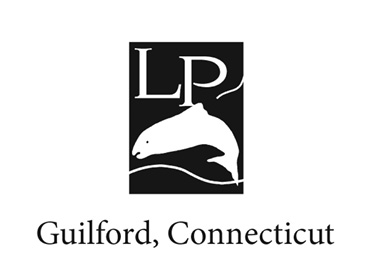

An imprint of Rowman & Littlefield
Distributed by NATIONAL BOOK NETWORK
Copyright 1984 by Margaret Mellon Hitchcock
Prologue, epilogue, and appendix copyright 2016 by Richard L. Jackson
All rights reserved. No part of this book may be reproduced in any form or by any electronic or mechanical means, including information storage and retrieval systems, without written permission from the publisher, except by a reviewer who may quote passages in a review.
British Library Cataloguing in Publication Information Available
Library of Congress Cataloging-in-Publication Data
Names: Aldrich, Nelson W., author.
Title: American hero : the true story of Tommy Hitchcock : sports star, war hero, and champion of the war-winning P-51 Mustang / Nelson W. Aldrich, Jr.
Other titles: Tommy Hitchcock, an American hero
Description: Guildford, Connecticut : Lyons Press, 2016. | Originally published under title: Tommy Hitchcock, an American hero. Gaithersburg, Md. : Fleet Street Corp., 1984. | Includes index.
Identifiers: LCCN 2016012800 (print) | LCCN 2016024261 (ebook) | ISBN 9781493022878 (hardcopy) | ISBN 9781493022885
Subjects: LCSH: Hitchcock, Thomas, Jr., 1900-1944. | Polo playersUnited StatesBiography. | BankersUnited StatesBiography. | World War, 1914-1918Air pilots, Military. | World War, 1939-1945Air pilots, Military. | United States. Army. Air Service. Aero Squadron, 103rd. | Mustang (Fighter plane)Merlin enginesDesign and constructionHistory.
Classification: LCC CT275.H62573 A54 2016 (print) | LCC CT275.H62573 (ebook) | DDC 940.54/81092 [B] dc23
LC record available at https://lccn.loc.gov/2016012800
 The paper used in this publication meets the minimum requirements of American National Standard for Information SciencesPermanence of Paper for Printed Library Materials, ANSI/NISO Z39.48-1992.
The paper used in this publication meets the minimum requirements of American National Standard for Information SciencesPermanence of Paper for Printed Library Materials, ANSI/NISO Z39.48-1992.
To Margaret Mellon Hitchcock, her children, and descendants
Foreword
I am highly gratified that this book on Tommy Hitchcocks life is being published and that I have the opportunity to contribute to it.
Tommy was a great athlete; one of the greatest athletes of my generationby far the best polo player of our time. I dont know of anyone who could compare to him in every aspect of the game. He could not only hit the ball from every side of the pony, forward or back, but he had a great ability to block players. Tommy was also a great team player. He brought out the best in all of us, whether we were good, bad, or indifferent. He never shouted at others as some polo players did, but he encouraged his teammates in every way by his own excellence. Both as a player and team player, he had no rivals anywhere.
Tommy and I were in London at the same time during the Second World War, when we saw a lot of each other. I was very fond of Tommy and admired him enormously. His friendship contributed greatly to whatever pleasure was to be found in those troubled times. It was a terrible tragedy that he was killed in an airplane accident. Amidst all the sadness of that era, his death was, for me, the greatest sadness of all.
W. Averell Harriman
Washington, DC.
Acknowledgments
This biography could not have been written without the invaluable material gathered by James Claggett. Long before I began my work, Mr. Claggett interviewed most of the people whose reminiscences are the backbone of this story: Joseph Gaeta, H. S. Henriques, Joseph Thomas, William Jackson, David K. E. Bruce, Merion Cooper, William Laurence, Arthur Krock, George Gordon Moore, Helen Hitchcock Clark, Edward Weeks, Douglas Burden, Esq., and Upton Sullivan.
I myself interviewed Julian Peabody, Elwood Quesada, W. Averell Harriman, Ethel Leary, Avy Clark, Seymour Knox Sr., Eric Pedley, and James P. Mills.
I would also like to especially thank Mrs. Hitchcock, without whom this book could not have been written, and her two daughters, Louise Hitchcock Stephaich for her assembly of the photographs, and Peggy Hitchcock for her comprehensive editing of the manuscript.
I am grateful as well for the help of Tommy and Suzanne Hitchcock, Billy and Jane Hitchcock, and Alexander M. Laughlin. I also want to thank Luba P. Harrington for helping with last-minute revisions, Clara C. Bolger for her invaluable assistance, Carey Clark, and Anita W. Biddle.
Prologue
The day news came of Tommy Hitchcocks death, my mother sat outside alone on a terrace wall and smoked her first cigarette, a habit she continued for the next forty years. My father never spoke to me about it, but he kept Hitchcocks photo front and center on his desk all his life, wherever he moved. He worshiped Hitchcock, and some of his feelings show through in the appendix to this second edition. I can still remember on weekend outings from New York going with my mother for tea at the Hitchcock house in Westbury with Peggy Hitchcock, Tommys widow. While I did not understand the mournful atmosphere of the house, I have never forgotten her kindness and interest in me as a mere small child.
Hitchcock had died on April 18, 1944, test flying the Mustang P-51B, the revolutionary fighter that he, more than any other man alive, brought into being. As Nelson Aldrich writes, just six weeks later the Mustang ensured Allied air superiority over Normandy. And during the Battle of the Bulge, it decimated the remaining five hundred fighters of the German Luftwaffe.
Born in late 1939, I have no memory of Tommy Hitchcock and could never have imagined writing a prologue to this second edition of Nelson Aldrichs biography. After thirty-four years of foreign service and eleven years as president of Anatolia College in Thessaloniki, Greece, I found myself in Hangzhou, China, as a Ma Yinchu Fellow in 2011. There, improbably, Vic Currier, a New Mexican historian and Vietnam veteran, single-mindedly researching my own father, began to email me sections of his two-volume biography of William H. Jackson to proofread. The close friendship of Jackson and Hitchcock and their critical partnership during World War II, summarized in the epilogue to this edition, jumped out from the pages, and for the first time I was really drawn into the inter-war years and World War II. So we beat on, boats against the current, born back ceaselessly into the past, wrote Scott Fitzgerald, whom we will have occasion to come back to soon enough in these pages.
Hitchcocks image, among those who knew him, has remained constanta curious mix of optimism, daring, caring, and quiet humor. What has changed in the nearly seventy-five years since his death is the world around us. Hitchcock is no longer a household word and remains a largely unknown figure to todays readers. It would be hard to exaggerate, however, the attention he received as indisputably the preeminent world polo player of the twentieth century. During his heyday prior to World War II, before the advent of most professional sports, polo was a top spectator sport, drawing up to 45,000 fans for major matches. By comparison, the 2015 USPA championship match, polos premier event, drew only 11,000, the largest crowd in many years.
Next page
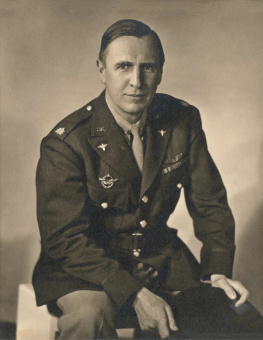
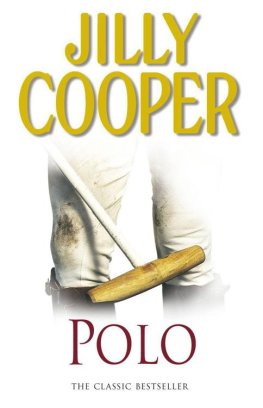
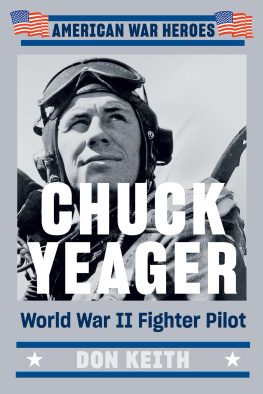
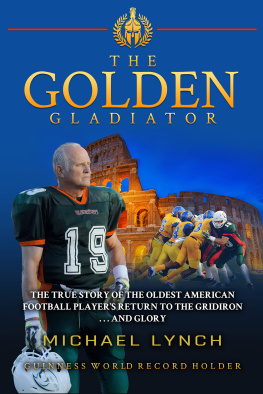

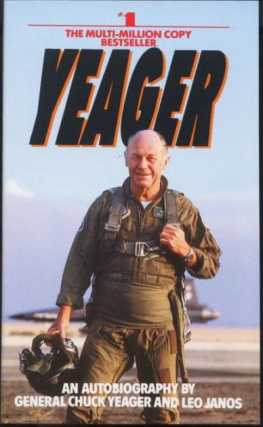
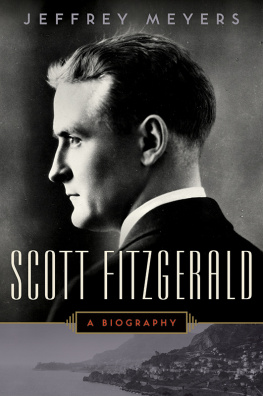
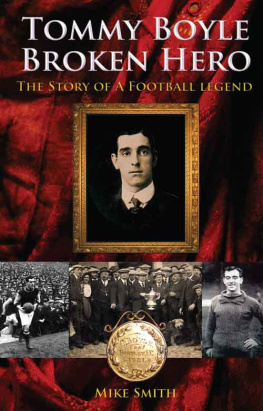
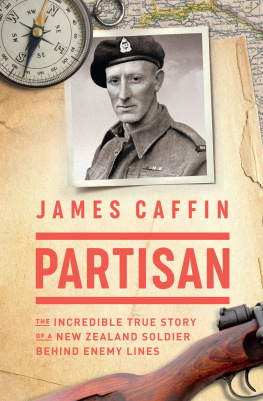
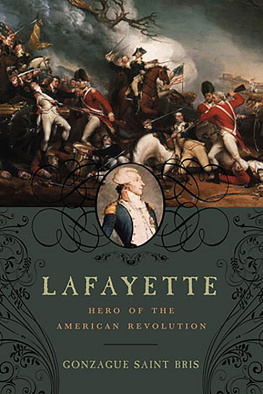
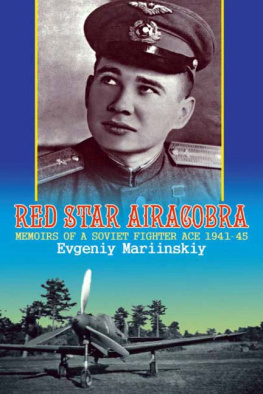


 The paper used in this publication meets the minimum requirements of American National Standard for Information SciencesPermanence of Paper for Printed Library Materials, ANSI/NISO Z39.48-1992.
The paper used in this publication meets the minimum requirements of American National Standard for Information SciencesPermanence of Paper for Printed Library Materials, ANSI/NISO Z39.48-1992.